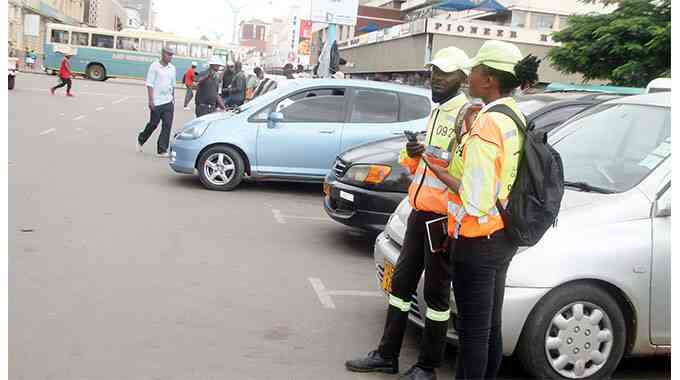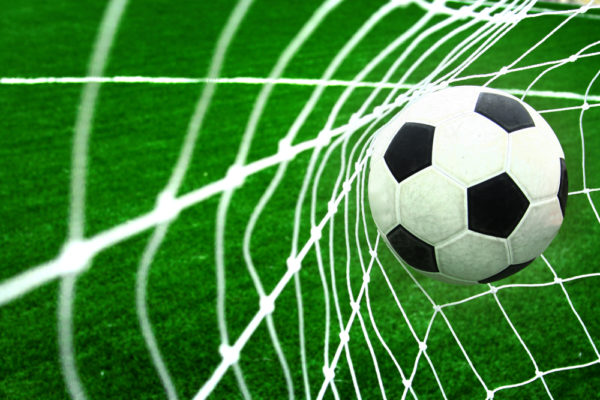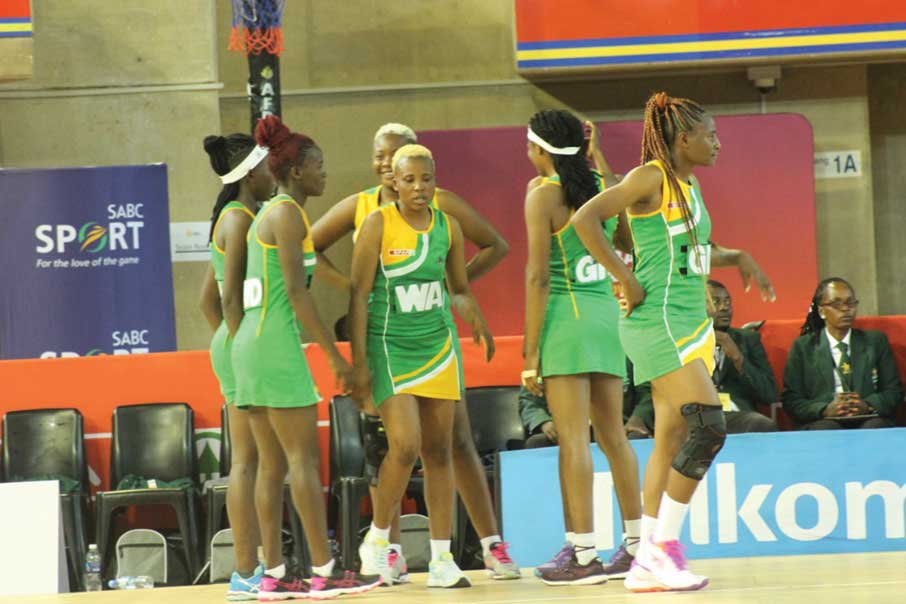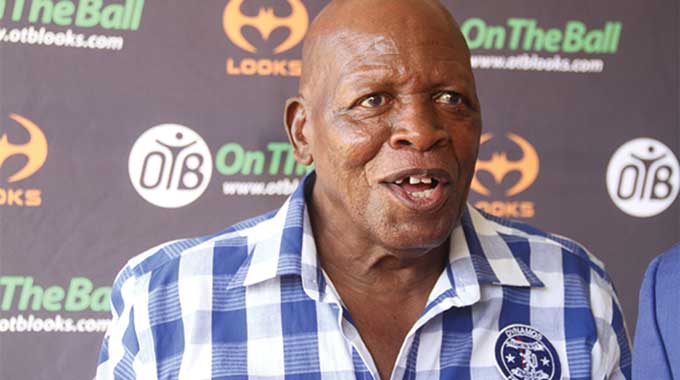
EGO must go! That is the short answer to the as-yet unposed question. It is directed at school sport coaches, in particular those external coaches. While we do well to note the commendable comments made by one Head recently to parents before a series of derby fixtures, namely, “May we show appreciation for the coaches, who have dedicated their time and energy to prepare your kids for this moment”, so we need also to highlight serious concerns about them.
From all the evidence seen each week, coaches clearly still have a huge amount to learn themselves, in how they coach teams at school. Coaching a school team is not the same as coaching a club team, certainly not a professional team. Yet we see school coaches communicating with colleagues stationed at different parts of the ground with walkie-talkies. We see them standing in their area throwing their arms up in the air almost every time the referee makes a decision against their team but applauding loudly every decision made in favour of their team. We see them showing their massive disappointment even when a player makes a simple mistake. We see them trying to intimidate opposing coaches. We see them walking out of their designated areas. We see them shouting instructions to players constantly. We see them calling players over to the sidelines to receive instructions. They are simply Play Station coaches, moving the players around the field. They are the ones actually playing the game, not the children.
Too many coaches think it is all about them; it is not. The sport is for the children, it is their day, their game, their opportunity, above all, their education. An inter-school fixture is an examination, a test of whether the youngsters have learned anything during the practices through the week. That is why we have inter-school fixtures – to test the youngsters, to further their education. Fixtures are not for the parents’ entertainment, nor are they for the coach’s ego.
Now here is the thing: in the mornings, in all their academic studies, pupils are prepared through the lessons with help from the teachers to learn important points; at the end of each topic, or even at the end of each week, pupils will be required to undertake a test or on a bigger scale an examination. When it comes to the test or the exam, the pupils are on their own. They do it in silence, without receiving any help. Teachers do not stand at the side of the room shouting out the answer to the children. This is a key part of their education.
In the afternoons, in their sporting ventures, the pupils are prepared by the coach through practice sessions to learn important points – does this sound familiar? At the end of each week, pupils will be required to undertake a test; in sport, it is called a fixture.
The fixture is meant therefore for the teacher/coach to see how much the children have learned. The pupils are meant to be on their own for such tests; they should not be receiving any help. The fixture is part of their education.
Furthermore, coaches need to learn that in the mornings, children also now are being equipped to have the five Cs of twenty-first century learning – Critical Thinking, Creativity, Communication, Collaboration and Character. At the heart of it is the need for them to learn to think for themselves, to experiment and explore different options, to share these with others, to work alongside others and thus develop deeper character.
That is what must be mirrored in the afternoon sports sessions. They must learn to think critically for themselves during the match (not be told by the coach what to do); they must be allowed to show their creativity by trying things for themselves; they must learn to communicate and collaborate with their teammates; they must develop character by how they react to adversity and advantage.
- Paranoid Zanu PF regime cannot be trusted with solving Zim’s problems
- Zim’s poor batting hands India series
- Raza opens up on career threatening cancer scare
- Chevrons to maintain fearless approach against India
Keep Reading
They must learn to “meet with triumph and disaster and treat those two imposters the same” with dignity, humility, integrity, serenity, sensitivity, honesty, honour, grace, gratitude, perseverance, smile. They must learn that way as they are learning in the mornings.
As was shared with parents and spectators in mind, so with coaches, many do not understand the purpose of school sport. They have not learned that important lesson themselves. Schools are places of learning so school sport is played for children to learn. Fixtures are for the children’s education, not for the coach’s ego. When will they ever learn?










